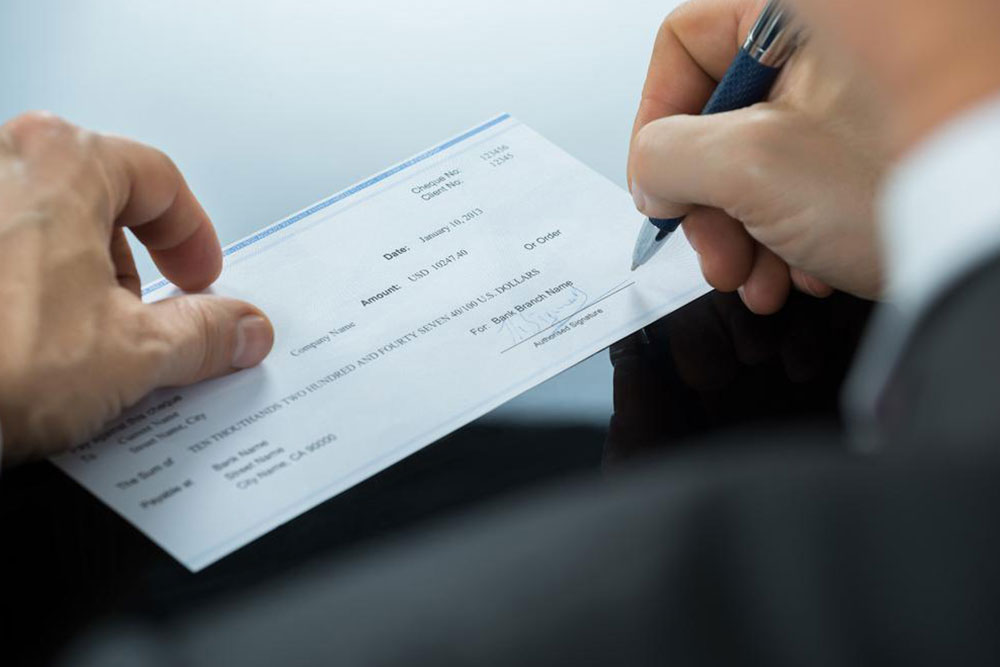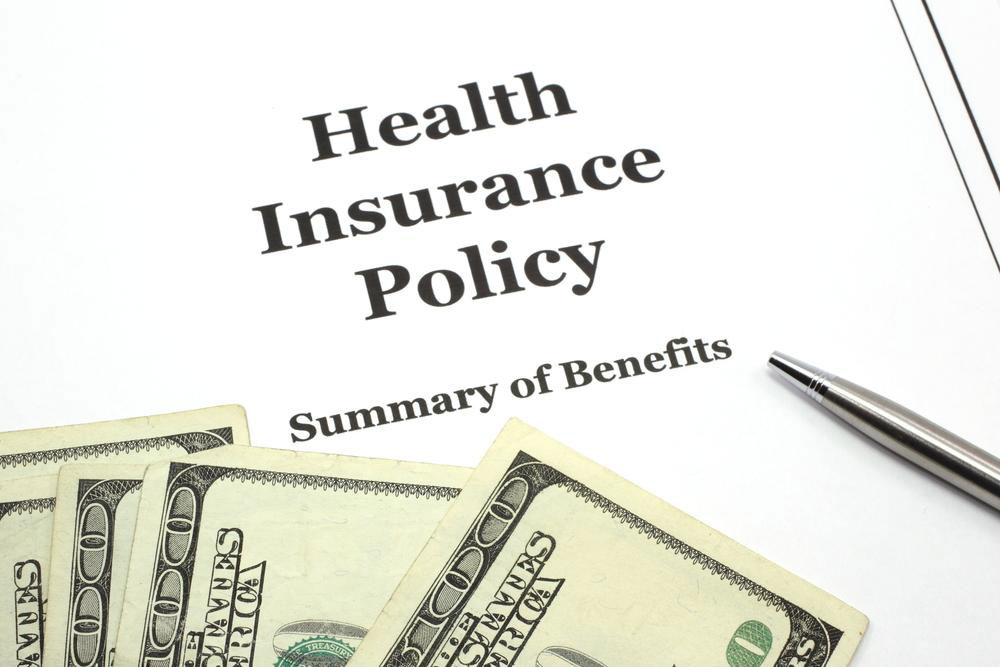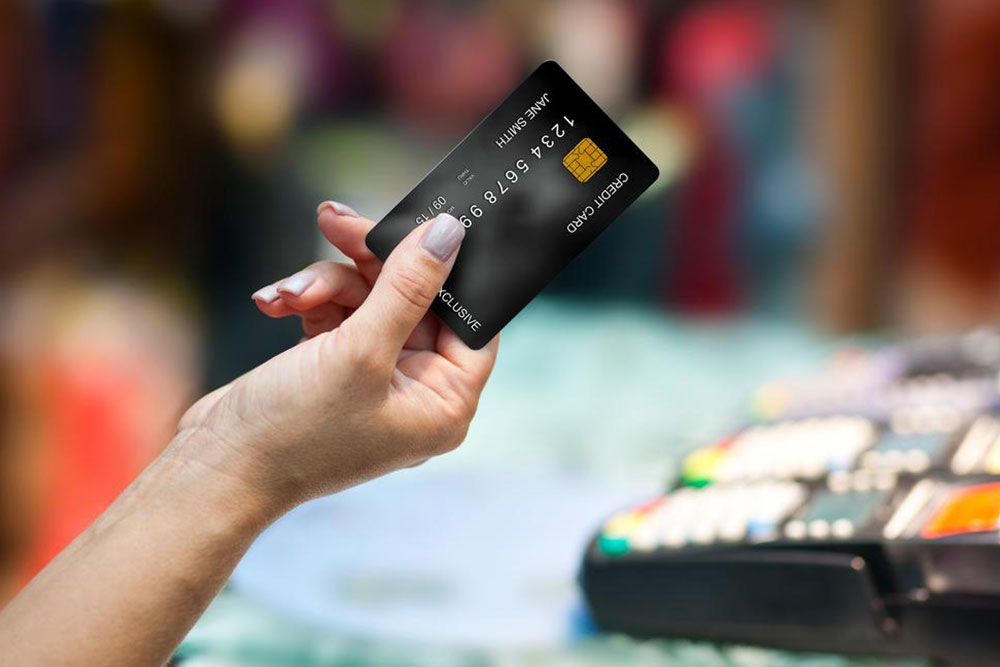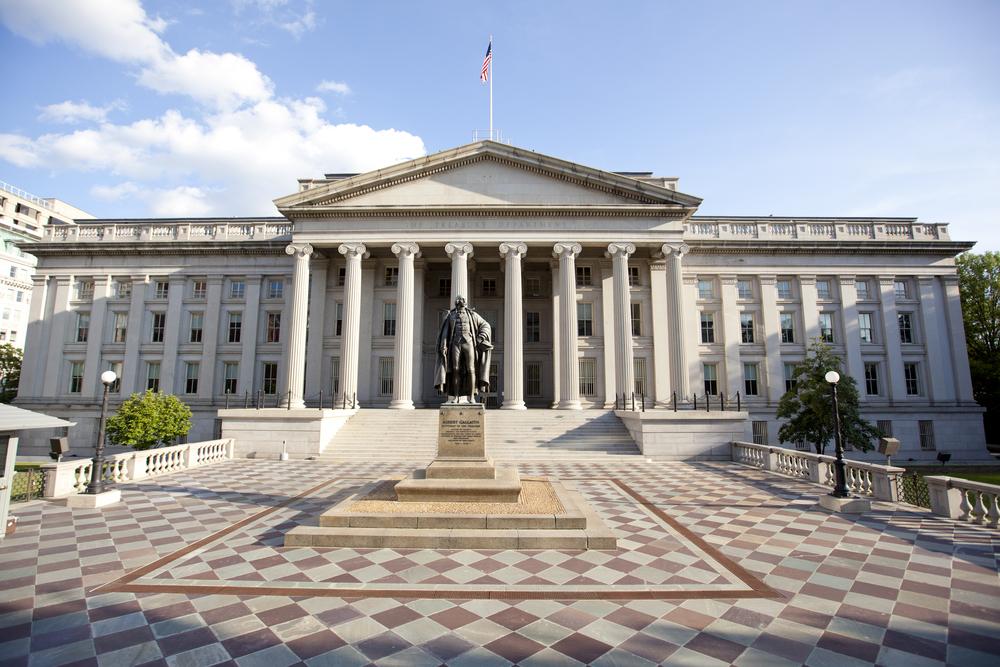Guide to Managing Credit Card Payments Online
Learn how to manage your credit card payments online effectively. This guide covers the payment process, determining the right amount to pay, and understanding the consequences of late payments. Using online bill pay services simplifies your financial management, helps avoid penalties, and maintains a healthy credit score. Stay informed about the importance of timely payments and how digital banking can make this easier, ensuring your credit remains strong and your debt remains manageable.

Guide to Managing Credit Card Payments Online
In today’s digital age, the era of waiting in long lines or visiting banks to settle credit card bills is over. With the rise of online banking, paying credit card dues has become quick and convenient. Credit cards have empowered consumers with greater spending capabilities and rewards, transforming personal finance management. Major financial institutions offer seamless online payment options, helping users avoid late fees and protect their credit score. Understanding how to efficiently pay your credit card bills online is essential for maintaining good financial health.
Each month, you receive a credit card bill that must be paid punctually. Delays in payment can lead to mounting debt and negatively impact your creditworthiness. Sometimes, busy schedules hinder timely payments, which is why most banks now support online bill pay services, making the process faster and more efficient.
Online payment options are popular because of their simplicity and convenience. If you're new to paying credit card bills online, here are some essential tips to help you get started.
How can I pay my credit card bill online?
If your credit card is issued by the same bank where you hold an account, online payment is straightforward. Simply log into your online banking portal and select the “Bill Pay” section. Follow the instructions under “Pay to/Pay from” to complete your transaction. To pay from an external bank account, log in to your online banking, select “Bill Pay,” and set up your credit card account using the bank’s routing and account numbers. This process makes managing payments effortless.
How do I determine my monthly payment amount?
You have the option to pay the full balance or a minimum amount each month. Paying the complete balance helps you avoid interest charges and maintain a healthy credit score. If a full payment isn’t feasible, paying at least the minimum will prevent late fees and negative marks on your credit report. It’s important to review your finances and choose an amount you can afford without financial strain.
What are the consequences of missing credit card payments?
Late fees apply: Missing the payment deadline results in late fees, typically ranging from $15 to $35, charged on your next bill. Repeated lateness can incur multiple penalties.
Interest rates increase: After 60 days of missed payment, the creditor may shift your interest rate to the penalty rate, which is higher. This increases your finance charges and prolongs debt repayment. Making six consecutive timely payments can help restore the original rate.
Negative impact on credit report: Payments overdue by more than 30 days will be reported to credit bureaus, affecting your credit history for up to seven years. If payments lapses continue, your account may be charged-off after 180 days.
Credit score drops: Regular late payments damage your credit score, which influences your ability to borrow in the future. A poor credit score can hinder loan approvals and result in higher interest rates.
Being aware of how to calculate your dues and the risks of late payments emphasizes the importance of online bill payments. They are a safe, efficient, and accessible way to keep your finances on track, preventing damage to your credit profile.










